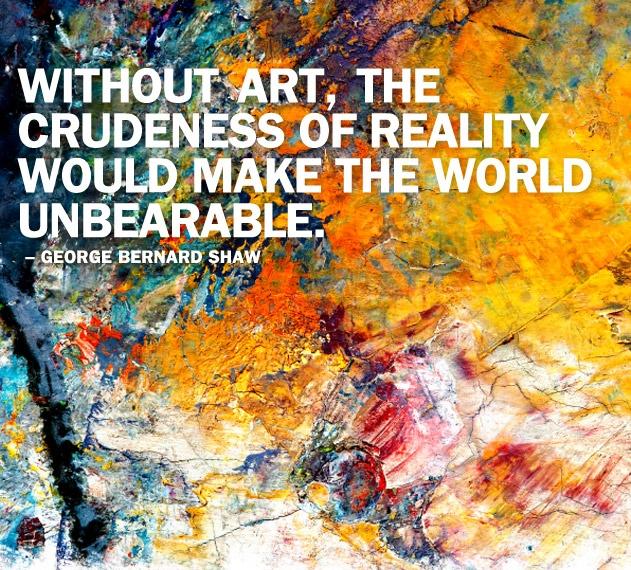
Editor’s Note: Can you even imagine a world without the arts? No writing, no music, no movies, only factory work and no play?
“Without the arts life would not be worth living.” You can quote me on that.
Perhaps the saddest thing in the world today, now that we are all dealing with the novel coronavirus, is not just the death of millions of humans or the impact on Wall Street and the economy of business. For me and many like me the saddest thing is the impact on the arts, especially the music business. The music business has been particularly hard hit economically by the coronavirus shut downs, just as the news business and other industries have been impacted.
Think about the events of the past three months. What was the saddest moment for you?
For me and many others it was the death of John Prine. I cried for a couple of days after that, hiding out in a little cabin on Lookout Mountain listening to his music. I wrote a song called “On The Mountain” about it and sent it to my good friend Debi Smith Cochran, a Nashville song writer. Shortly after that she and her partner Dennis Gulley tested positive for COVID-19. It took a month out of their lives, but they survived. I finally interviewed them on Saturday. This is the story.
By Glynn Wilson –
Before the coronavirus hit the United States in March, Dennis Gulley and Debi Smith Cochrane, both natives of Fort Payne in Dekalb County, Alabama, were living the life of music producers and song writers in Nashville, Tennessee.
You might remember Gulley as the lead singer and rhythm guitar player in a band called Jackson Highway, also known as The Muscle Shoals Band, named after the famous studio at 3614 Jackson Highway. So many hit records came out of the place back in the 1960s and 70s that it’s impossible to count them all. He still plays in bands around Nashville, does studio sessions, and is a sound engineer and producer in his own right.
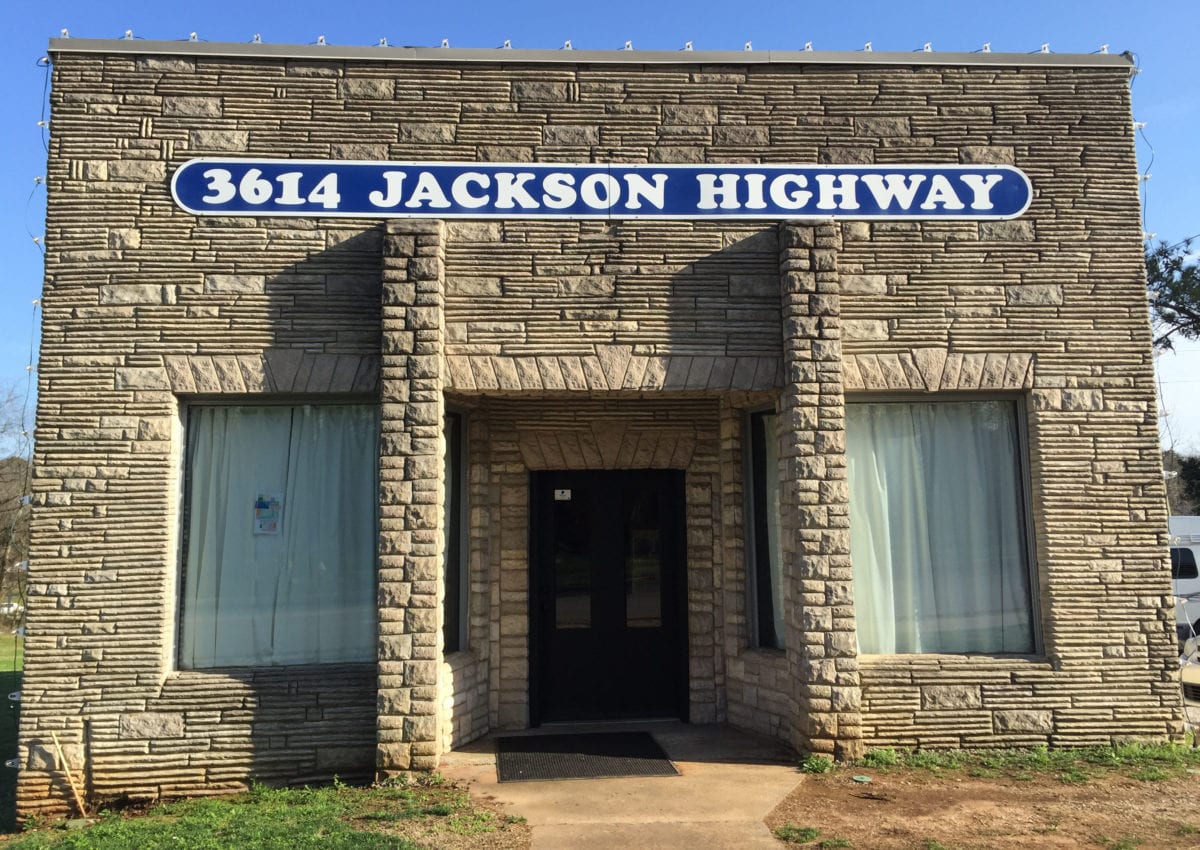
The original Muscle Shoals Sound studio at 3614 Jackson Highway: Glynn Wilson
I’ve known Cochran since 1985, when she was the features editor of The Decatur Daily newspaper and I was the lead political reporter. She must have gotten as disgusted as I did with the newspaper business, because she left and moved to Muscle Shoals to help develop the Alabama Music Hall of Fame and then went on to become a songwriter.
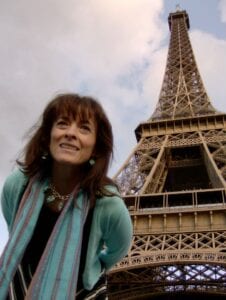
Debi Smith Cochran: Facebook
Cochran’s hits include “My Kind of Girl,” a No. 1 country song for Collin Raye, along with “This Is Me Missing You,” for James House. It hit No. 5 on the charts. Her song “Barefoot Ballet,” which aired on ABC’s “General Hospital,” won a Daytime Emmy for Outstanding Original Song in 2002. “It’s Just Not Christmas (If I Can’t Spend It With You)” was covered by Ronnie Milsap and Kenny Rogers. “It Must Be Love” was a single for Highway 101 and Paulette Carlson.
She also has a background in legislative activism, working on the local, state and national issues and educating lawmakers about threats to the incomes of musicians and songwriters.
When the novel coronavirus national emergency was declared in mid-March, crashing the economy, they both followed the recommended guidelines and stayed at home for the most part. They wore gloves and masks when going out for groceries and supplies.
Catching Coronavirus
But on Wednesday, April 15, Gulley went out to do a studio gig in a little town outside of Nashville, playing with a couple of guys he knew and some he didn’t. Nobody wore masks that day.
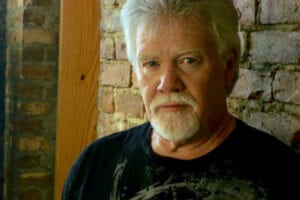
Dennis Gulley: Facebook
Over the next few days, symptoms began to develop which they attributed to seasonal allergies, nasal congestion and headaches. Then the gastrointestinal issues hit, and high fever, and Gulley developed a dry cough.
They found out the sound engineer who owned the little studio had tested positive, so they were able to get tested for COVID-19 in Nashville, one of the better places to be in the South for health care. The city had free drive through testing centers set up by Republican Governor Bill Lee.
A few days later they found out they had tested positive.
It took about a month from their lives, when they mostly slept, but they are through it now and feeling better. So I thought it was time to get their perspective on this crisis.
In a recorded interview on Saturday morning, I asked how they felt about this coronavirus and what’s going on in the country and the world because of it.
“I think it’s extremely serious and very scary,” Cochran said. “Of course it’s much worse for a lot of people.”
Gulley had lived through a heart attack a few years back, so he was able to get in touch with his doctor by telemedicine. He was on high blood pressure medication, but due to the coronavirus, his blood pressure was dropping. His doctor took him off that medicine, which probably saved his life.
“Dennis would have been in serious trouble if we hadn’t known to get him off that medicine,” Cochran said. “As soon as that got out of his system, he improved dramatically.”
“I was sicker at first than he was, but it was very strange not having that chest (shortness of breath) issue,” Cochran said, which made them think their condition was seasonal, not COVID-19. “It all started for both of us completely in our head.”
“It never got into my chest either, which was the good part,” Gulley said.
“The gastrointestinal problems came to me later, and I knew that could be COVID, but I guess I didn’t want to think that’s what the problem was,” Cochran said. “I think it’s a very serious disease.”
It’s now killed more than 94,000 in the U.S., with over 1.5 million confirmed cases. Worldwide, it has killed 343,596 as of this writing that we know of, with more than 5.3 million cases.
“That’s just astonishing,” Cochran said. “We need to be very, very careful and very serious about it.”
Gulley pointed out that older people and those with preexisting health issues such as diabetes and heart disease have been hard hit.
“But it’s amazing what it’s done to people in middle age and younger people, when it did get into the lungs rapidly, where it didn’t with us,” he said. “We’re just really lucky.”
Building Immunity
I asked how they felt about the immunity issue, whether they are worried about getting it again if exposed to a new mutation, or whether they felt their exposure helped their immunity in the long-run.
“I don’t think anybody really knows that yet,” Cochran said. “We’ve been keeping up with it, and we are among the people who choose to go out as little as possible. We’ve been trying to find out, but nobody knows yet for sure if we can get it again.”
“They know you build up antibodies if you beat it,” Gulley said. “But they really don’t know how long that lasts.”
Gulley thinks he got it because of that one time he didn’t wear the mask but it’s hard to know for sure.
“It was a lapse of judgement not wearing the mask, because that’s the only way I could have gotten it that day,” he said. “I wiped my gear, washed my hands, did all that.”
Social Distancing
He only recently went to the grocery store for the first time in six weeks, and ended up leaving behind some of his bags because of a family with kids not wearing masks or practicing social distancing and getting too close.
“I wore a mask and gloves, and I’ll continue to do that,” he said. “But I was so upset. I’ve gotten over it so I should have some immunity to it, but I can’t understand people not wanting to be careful for someone else’s sake. A lot of people don’t even care or don’t believe.”
What he wants to tell those people is, even if you don’t have symptoms, “you may be spreading it. But you don’t know that, so why not be safe and worry about other people a little bit?”
Part of the problem, of course, is the lackadaisical and even political lack of leadership on the national level from the White House on down to send the public the right messages about how to handle this crisis.
“I agree with that,” Cochran said. “I really don’t understand the concept of not listening to science, and not understanding facts. Any economic impact could be greatly lessoned if everybody was being careful, instead of being defiant.”
Gulley said the governor of Tennessee and the mayor of Nashville have been handling the situation and leading by example, always wearing masks in public.
But President Donald Trump simply can’t find the truth about the coronavirus or the economic impacts and won’t wear the mask.
Even U.S. Senator Doug Jones of Alabama called on the president and vice president to set an example 10 days ago.
But Trump visited an auto plant refitted to make masks in Michigan this week and once again failed to wear a face covering, even though it was the policy of the plant.
“He won’t wear the mask,” Gulley said. “That’s the thing that bothers me. He could do it to set an example.”
Nashville Numbers
According to the latest official numbers, there have been 4,530 confirmed cases in Nashville, with 51 known deaths.
Yet Nashville city officials plan to transition to the second phase of reopening the city on Monday, allowing restaurants and retail stores to open at 75 percent capacity and bring salons, gyms and attractions back at half-capacity. Live performances will be allowed at restaurants with some restrictions such as no more than 2 performers at one time and dance floors remaining closed. Residents will still be required to stay home as much as possible and are asked to wear masks while in public. Gatherings of 25 or more people will still be banned.
“Nashville can have a bit of a graduation and move on to phase two of the road map for reopening,” Mayor John Cooper said Thursday. “All public health metrics, tied to the road map indicate that Nashville is ready to carefully begin phase two.”
The decision to move forward in reopening Nashville brings the city closer in alignment with most of Tennessee, where Republican Governor Bill Lee lifted similar restrictions last week.
Back to Work
While they both feel like it is important for musicians to find ways to get back to work, Gulley is a bit ambivalent about the reopening plan. Some musicians are mad about the limit of only two on stage at a time.
“If they are going to open up the bars down on Broadway … I think starting out with a little less is the way to go,” Gulley said he recently told David Pomeroy, president of the Nashville Musicians Association and the American Federation of Musicians. “They need to do it a little at a time.”
Gulley has two booked gigs lined up in June and July.
“But I don’t know if I will do any of them right now,” he said.
He and his brother Toney Russell Gulley were doing a series of live audience radio shows under the name of RadioVizions, but they were shut down in April and don’t know when they might be able to start up again, maybe by September.
“I just think we ought to err on the side of caution,” Gulley said. He said apparently the coronavirus is “easy to get, but hard to get rid of.”
“It only takes one time,” Cochran said.
Live Shows
Due to problems with free music passed around over the internet and copyright law, the industry was already reliant on live shows for revenue.
“A backdrop to that is we had reached a point in the music business, because of technology and abuse by streaming services and other people not paying royalties … the most income comes from live performances. That can’t be reproduced, stolen and pushed through the web. Musicians were relying more and more on being there in person to play, and selling merchandise in person. That income stream got taken away.”
She had some good advice for people who want to support art and music.
“Right now, one thing people can do — if they are concerned and if they have a heart for music — is to go and tip on as many of these live performances from home that friends and even big artists are doing,” she said. “Pay for those things. It will help a little. It will help your heart.”
Gulley said he has tipped on a number of shows.
“I’m a musician and I’m not working any more then they are, but it was the right thing to do to tip them 20 bucks or something just to let them know that I’m behind them,” he said.
It’s not just musicians and clubs that are hurting, Gulley said. Sound engineers, videographers, all the tour support people are also hurting.
“These are people who are totally out of work,” he said.
Reinventing Performance Art
Gulley said the coronavirus is causing creative people to “reinvent some things.”
Some groups are thinking about developing drive through concerts. Others are starting to charge for shows online.
Some bands, like the Drive By Truckers, have started an online show called The Request Line, charging a ticket price to watch.
The first concert is scheduled for Wednesday, May 27 at 9 p.m. The ticket price is $15 plus taxes and fees. Check it out.
Another interesting program developed in Muscle Shoals to feed musicians is Operation Drumstick. They have plowed a field next to the Alabama Music Hall of Fame and are planting a vegetable garden and giving food away.
One Example
“This Is Me Missing You,” written by James House, Monty Powell and Debi Cochran.
https://www.facebook.com/JamesAndrewHouse/videos/10159553271996679/
If you agree that “Without the arts life would not be worth living,” support music. Support the arts.







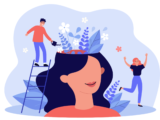
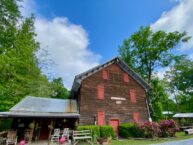





Reader Supported News - No Paywall, Google Ads, Popup Ads, Sponsored Content or A.I. - Support American Journalism with GoFundMe
Glynn – consider once our vulture capitalistic economic system collapses, which outside generating chaos and instability for some, that may be the catalyst to catapult the arts and music into the prominence it was destined to occupy? The world is reorganizing, we are not in Kansas anymore…
Reader Supported News - No Paywall, Google Ads, Popup Ads, Sponsored Content or A.I. - Support American Journalism with GoFundMe
Good point. I just don’t know who will make it through to the Age of Aquarius, if there is one…